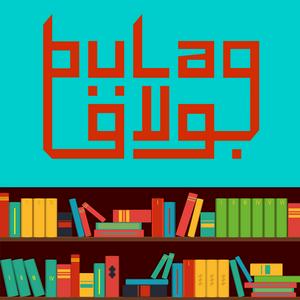Journalist, novelist, and memoirist Omar El Akkad talks about his latest book, One Day, Everyone Will Have Always Been Against This – a blend of memoir, social criticism, and moral philosophy. The book creates and shares space for everyone who is full of grief and rage, who cannot be at home in institutions that support or ignore genocide. We discuss the linguistic obfuscations around Gaza, El Akkad’s critique of Western liberalism, and the possibilities for a different future.Show notes:You can get One Day, Everyone Will Have Always Been Against This from Penguin Random House, where a sample of the audiobook is available, read by Omar El Akkad.Omar’s first novel, American War, is also available from Penguin Random.You can subscribe to BULAQ wherever you get your podcasts. Follow us on Twitter @bulaqbooks and Instagram @bulaq.books for news and updates. If you’d like to rate or review us, we’d appreciate that. If you’d like to support us as a listener by making a donation you can do so at https://donorbox.org/support-bulaq. BULAQ is co-produced with the podcast platform Sowt. Go to sowt.com to check out their many other excellent shows in Arabic, on music, literature, media and more. For all things related to Arabic literature in translation you should visit ArabLit.org, where you can also subscribe to the Arab Lit Quarterly. If you are interested in advertising on BULAQ or sponsoring episodes, please contact us at
[email protected]. Hosted on Acast. See acast.com/privacy for more information.


